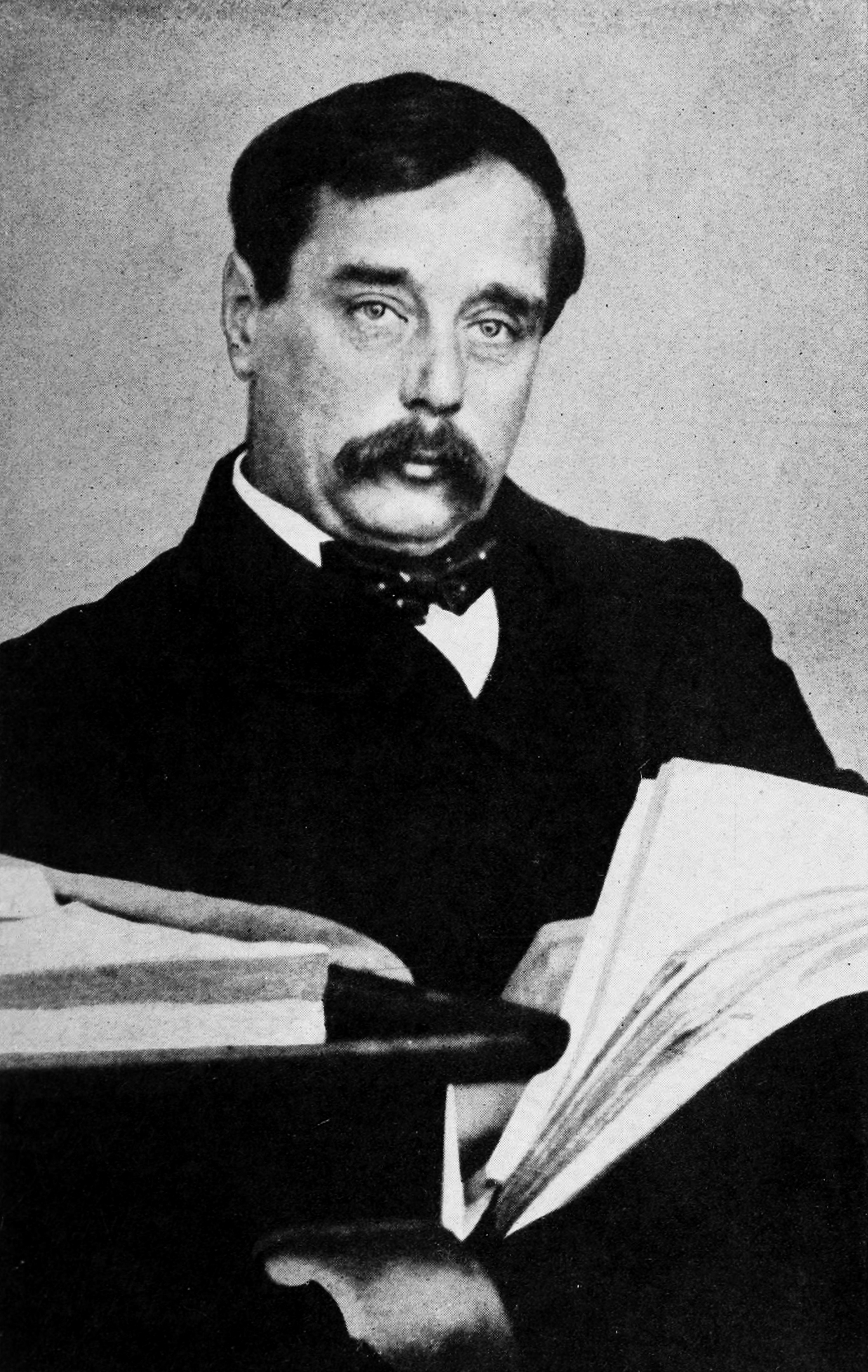“A Catastrophe” is a short story by the English author H. G. Wells (1866–1946), first published in the New Budget on 4 April 1895 and subsequently reprinted in The Plattner Story and OthersCollection of 17 short stories by H. G. Wells, first published in 1897. (1897).[1] Told as a third-person narrative, it tells of a struggling shopkeeper who is saved from financial ruin by an unexpected legacy.
Synopsis
Winslow is the owner of a small, struggling haberdashery shop, living on the premises with his wife Minnie. He has purchased stock that is proving difficult to sell, and is being undercut by his chief local rival, Bandersnatch. Winslow owes his sole wholesaler, Helter, Skelter, & Grab, the sum of £80, payable in three weeks time. But he has only £39 in the bank, and with his ill-chosen selection of goods for sale little chance of earning enough to settle his account on the appointed day.
Eventually Winslow confides in his wife, and together they explore various possible ways out of their predicament. Minnie suggests that if they could raise even £50, then perhaps Helter, Skelter, & Grab might extend their line of credit. But after an initial bout of euphoria at the prospect, Winslow falls into despair, wondering what they can sell of their household possessions to raise some cash.
Winslow resigns himself to the prospect of bankruptcy and then trying to find a position as an assistant in another shop, while Minnie, as stoically as she can, considers the prospect of going into service. She wonders if her well-off uncle might be prepared to offer some financial assistance, but Winslow knows the man does not like him, and did not approve of his marriage to Minnie.
A couple of days later Winslow opens the shop late, to find an envelope with a “deep mourning edge” lying on the floor, addressed to Minnie. He suspects it is news of her uncle’s death, and yet more expense.
Minnie reads the letter and collapses into a heap. Winslow picks it up to read:
Everything Minnie’s uncle owns passes to her, as the next of kin. Winslow tries to feel a sense of loss, but cannot think of anything other than the seven cottages Minnie now owns, each rented out at seven shillings a week, plus a timber yard and two villas; “Helter, Skelter, & Grab, had vanished out of his mind like the mists before the rising sun”. Out of a sense of propriety, the couple do not discuss the cottages until midday.
See also
- H. G. Wells bibliographyList of publications written by H. G. Wells during the more than fifty years of his literary career.
External links
- Full text of “A Catastrophe” at Project Gutenberg

